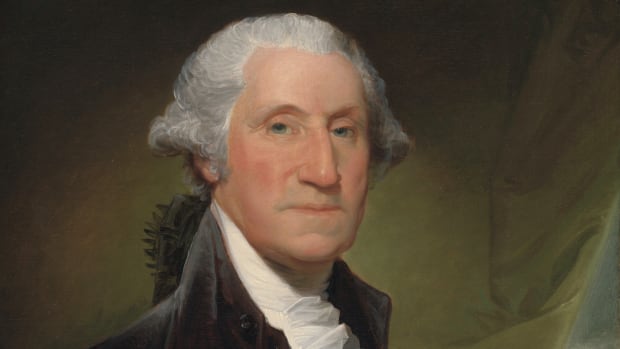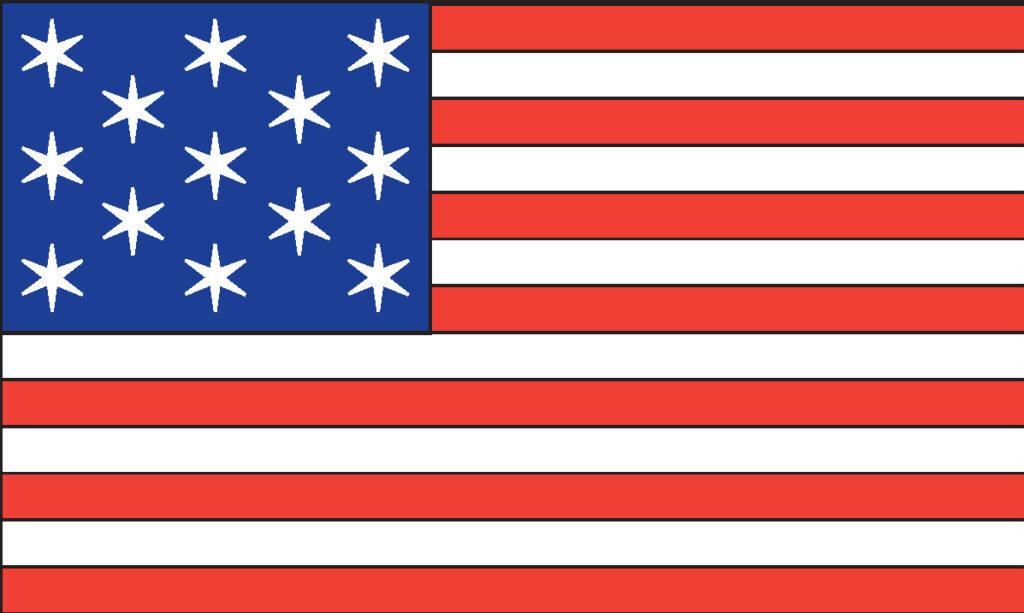John Jay, former Chief Justice of the united States, signs the 1794 Treaty of London (a.k.a. the “Jay Treaty”) with Great Britain, granting trade concessions to the united States most valuable trading partner. The treaty angers the Republic of France, which is locked in the French Revolutionary War against Great Britain, for trying to export its republican revolution to monarchial Europe. Among the treaty’s provisions:
- Great Britain agrees to abandon U.S. forts it is still occupying on the Great Lakes;
- Great Britain agrees to compensate American for goods and ships confiscated during the first American Revolution;
- Great Britain agrees to compensate slave-owners for slaves the British emancipated during the the first American Revolution;
- Great Britain agrees to open the British West Indies to American trade.
Postscript: Soon the French begin attacking American shipping, which three years later prompted Federalist (nationalist) President Adams to begin the undeclared Naval War against France.
[added 10/29/2021]
The pre-Marbury vs. Madison (1803) court stated the above; would that the post- Marbury vs. Madison court of today believed this; and, dare I say, would act upon it? –– JL
Commander-in-Chief Washington, commanding the Militias of the Commonwealth of Virginia, Maryland, New Jersey, and the Commonwealth of Pennsylvania, (Citizen-volunteers), puts down the Whiskey Rebellion. This volunteer force of 15,000 is larger than the Continental Army at any time during the first American Revolution.
[restored 10/24/2021]
Subsequent Events:
Authority:
Article II, Section 2 [Clause 2]
ccc-2point0.com/constitution-for-the-united-states
References:
Calvin D. Linton, ed. The Bicentennial Almanac: 200 Years of America, 1776-1976, (Nashville, Tennessee: Thomas Nelson, 1975), 50.
Jay Treaty – Wikipedia, the free encyclopedia.
en.wikipedia.org/wiki/Jay_Treaty
Whiskey Rebellion – Wikipedia
en.wikipedia.org/wiki/Whiskey_Rebellion


